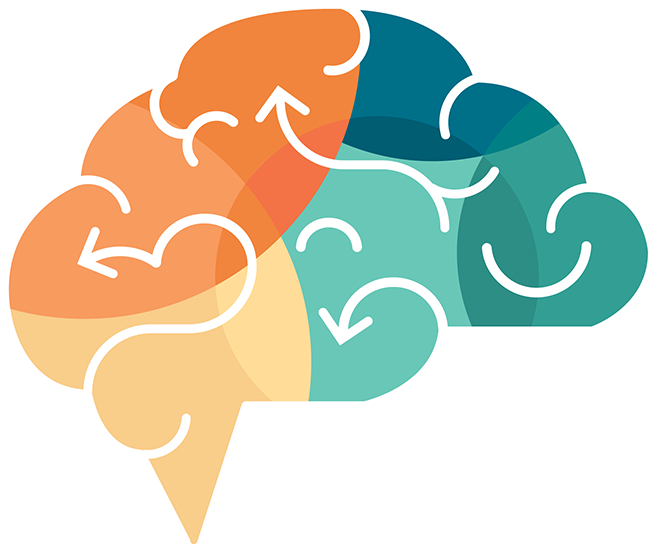Imagine a future where developmental trauma no longer exists. Where children need not be removed from their families, generational patterns of abuse, neglect, violence, and addiction are broken, and families are empowered to meet the developmental needs of their babies from the time the baby is in the womb. Picture a world where young people thrive within families and communities that support their mental health and well-being. Parents, doctors, teachers, caregivers, clergy, social workers, and coaches have a shared understanding of brain development and the impacts of trauma. As a result, they are equipped with the knowledge, tools, and support to meet children’s developmental needs effectively.
Pathways to Prevention: A Centre for Developmental Trauma was created to achieve this goal of realizing a future free from developmental trauma. The Centre is an international hub for researchers and service providers in the field to engage in:
Our Vision
A future free from developmental trauma.
Our Mission
Create a community for innovative research, exceptional training and education, and unparalleled advocacy to prevent developmental trauma.
What is Developmental Trauma
Developmental trauma describes the impact of early, frequently repeated trauma or loss, which happens in the context of a child’s important relationships and early attachments. It is most often the result of abandonment, abuse, and neglect during the first five years of a child’s life. These experiences disrupt cognitive, neurological, social, and psychological development and create a range of adverse health and social outcomes.
The human, social, and economic costs of trauma continue to weigh heavily on families and communities, often passing from one generation to another in the form of intergenerational trauma. For example, Indigenous people in Canada continue to suffer the physical, mental, emotional, and spiritual harm caused by residential schools. Powerful advocacy, supports and prevention are needed to equip Indigenous people in their work to stop the transmission of developmental trauma caused by government policy (Truth and Reconciliation Commission of Canada, 2015).



